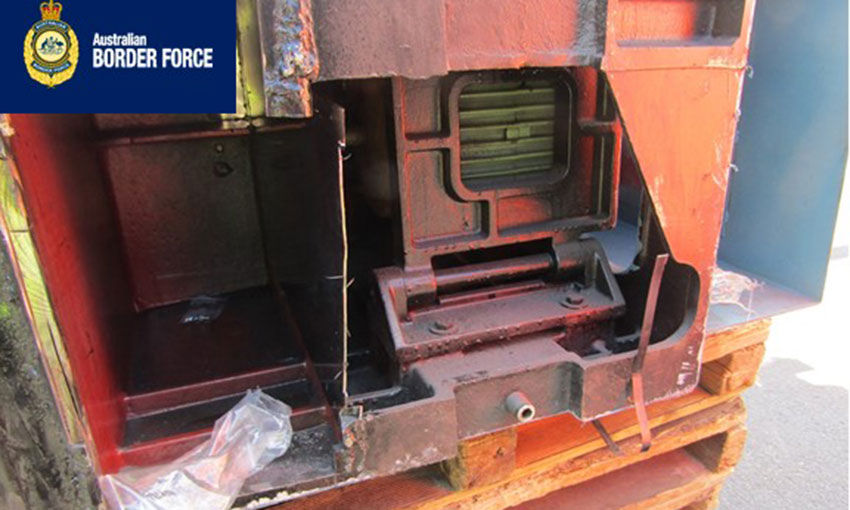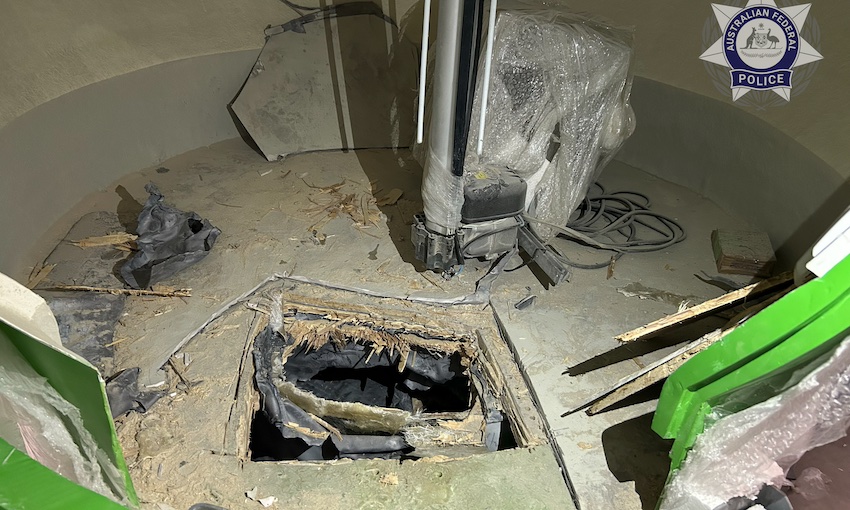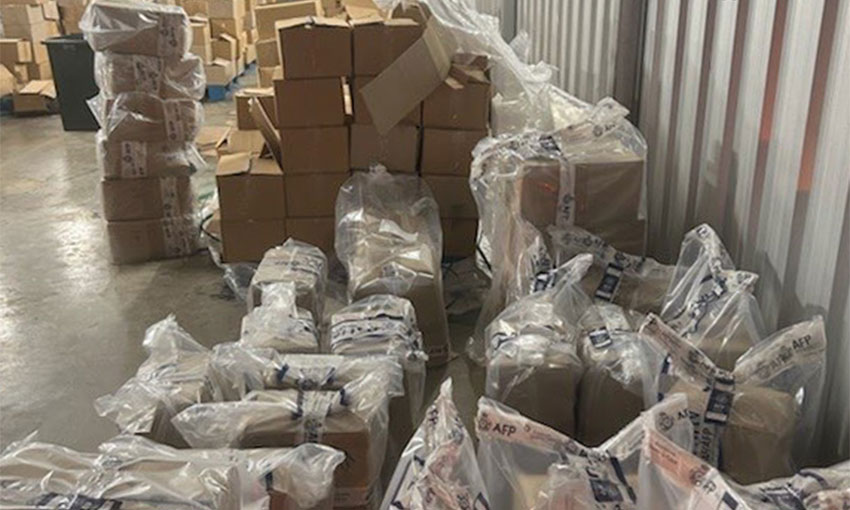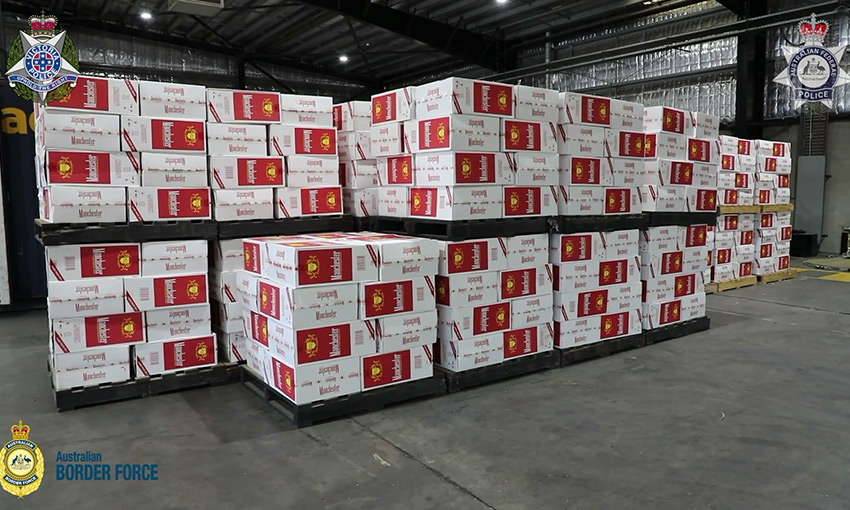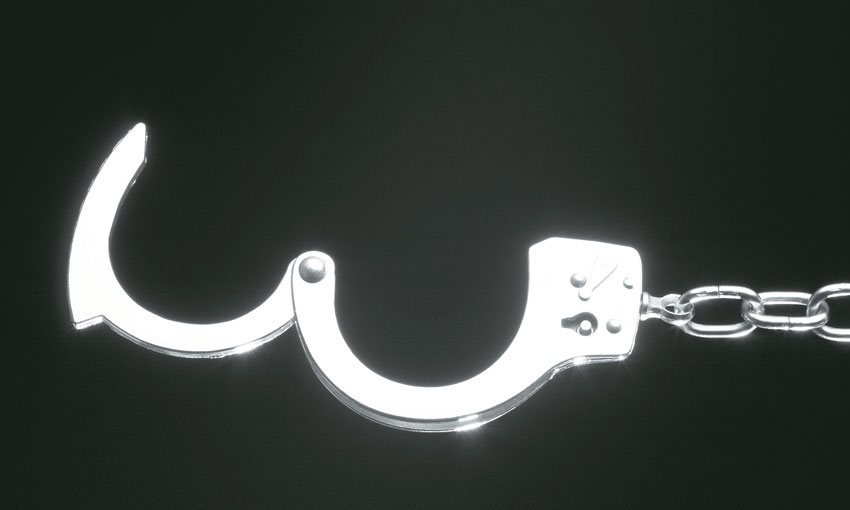THE Australian Federal Police has seized the largest shipment ever detected in Australia of the deadly opioid fentanyl following a joint operation with the Australian Border Force.
The AFP said the seizure stopped more than 5 million doses of the drug hitting the streets.
More than 11 kilograms of pure powdered fentanyl and 30 kilograms of methamphetamine were hidden inside in an industrial wooden lathe sent from Canada that arrived at the Port of Melbourne in December last year.
The AFP, ABF and the Department of Home Affairs have established a joint operation to identify those responsible for importing the fentanyl – due to the seriousness this criminality poses to the Australian community.
The investigation into the importation began after ABF officers inspected a container in Melbourne on 3 February 2022.
The officers detected nearly 60 kilograms of powdered substances hidden inside military-style ammunition boxes concealed within a three-tonne lathe.
AFP forensic officers initiated a two-week operation to safely remove and analyse the powder.
The operation to safely remove the drugs from the machinery involved multiple state and Commonwealth agencies including ABF and Ambulance Victoria, which was on standby during the extraction and deconstruction phase of the operation.
Forensic officers wore protective biohazard suits during the delicate and complex task of removing the powder from the lathe to protect against any inadvertent skin contact with the drug, which could cause harm, loss of consciousness and death.
About 27 kilograms of the powder contained fentanyl, yielding 11.2 kilograms of pure fentanyl, equivalent to about 5.5 million potential lethal doses of 30 milligrams. Forensic officers also removed about 30 kilograms of methamphetamine; police estimate this to have a street value of $27 million.
The AFP said fentanyl sold illegally in Australia usually occurs in the form of patches used for medical treatment, which have been stolen or diverted from legitimate medical supplies. There is no precedent to place a street value on a large, bulk amount of the drug.
The AFP is seeking information from anyone with knowledge of the attempted importation and is warning the public about the dangers of the drug, which can be fatal from a dose of just 28 milligrams – or about the same weight as two grains of salt.
The AFP said fentanyl is a fast-acting opioid that is highly addictive and acts on the same receptors in the body as heroin. The drug is primarily used for medical purposes in Australia, but in overseas illicit drug markets it is has been cut with heroin, often with fatal consequences.
Australian authorities have only ever detected illicit fentanyl importations in minor amounts – all less than 30 grams – with the first case in 2017.
AFP acting Commander Anthony Hall said it was known criminal syndicates across the world were lacing illicit drugs such as heroin with this synthetic opioid, creating a dangerous cocktail of substances.
“Drug extraction can always pose a risk but the lethality of fentanyl, even in small doses, required our forensic officers to wear biohazard suits and we had multiple ambulances on standby. Even in this highly controlled environment, there was a risk to our members’ safety,” he said.
“Our concern is that if such a large amount of fentanyl was in the hands of Australian-based criminal networks driven by greed, it could have passed uncontrolled and hidden into the community with possibly deadly results.”
ABF Commander Maritime and Enforcement South James Watson praised the ABF officers who made the discovery.
“This was a massive amount of fentanyl. The excellent work of our officers prevented these deadly drugs from reaching our streets, which has undoubtedly saved many, many lives,” Cmdr Watson said.
“Fentanyl is an extremely toxic substance to handle as well as being a lethal drug to use. There is a fentanyl epidemic in many parts of the world today, resulting in thousands of deaths of users every year. Our officers work tirelessly to prevent this harm from reaching our streets, as it is literally a life and death battle with these drugs.”

